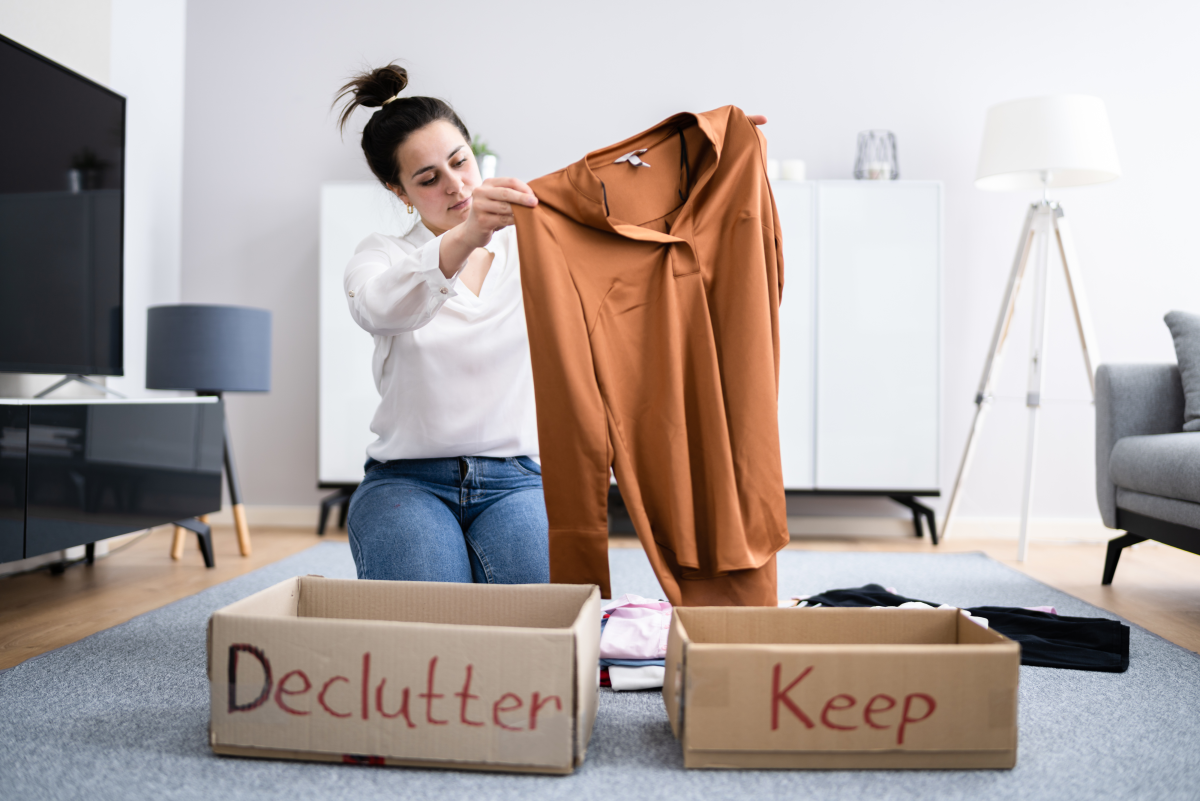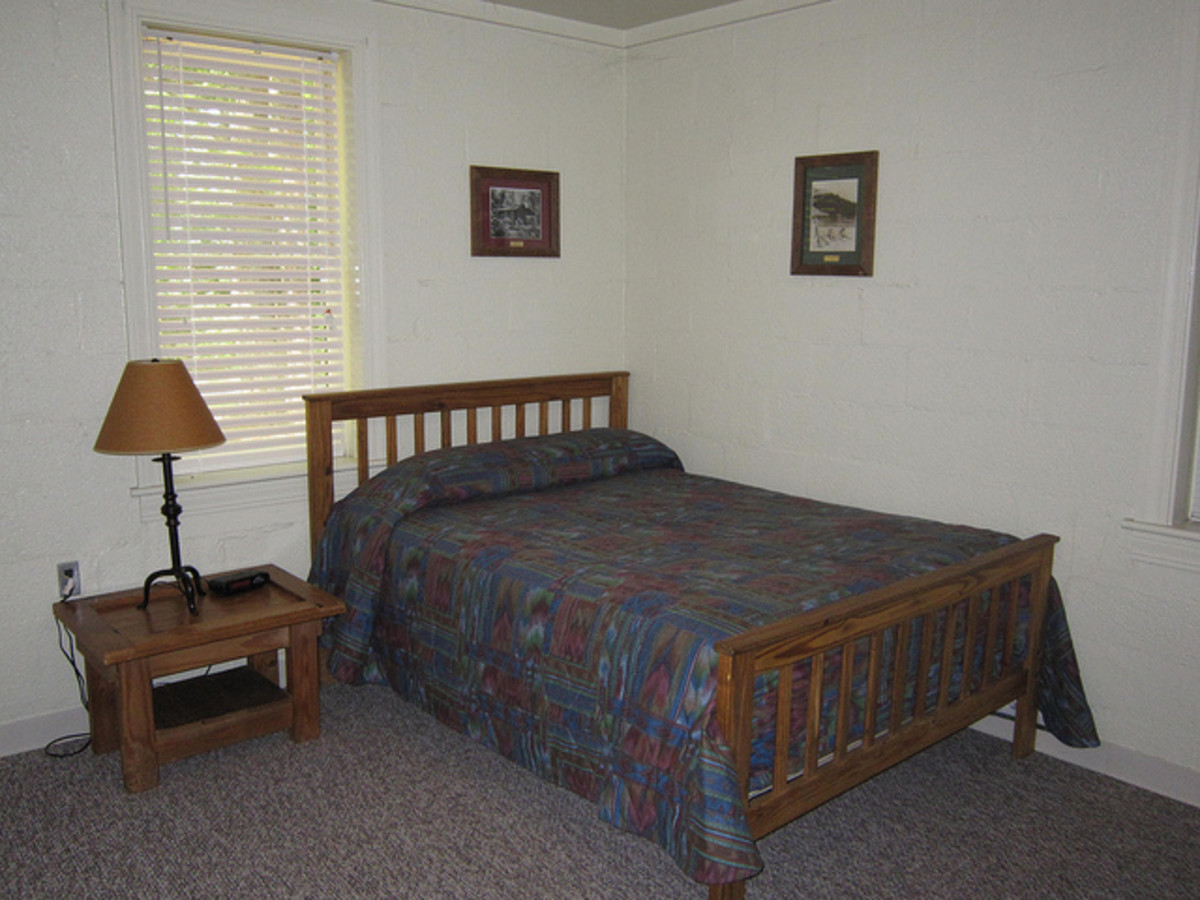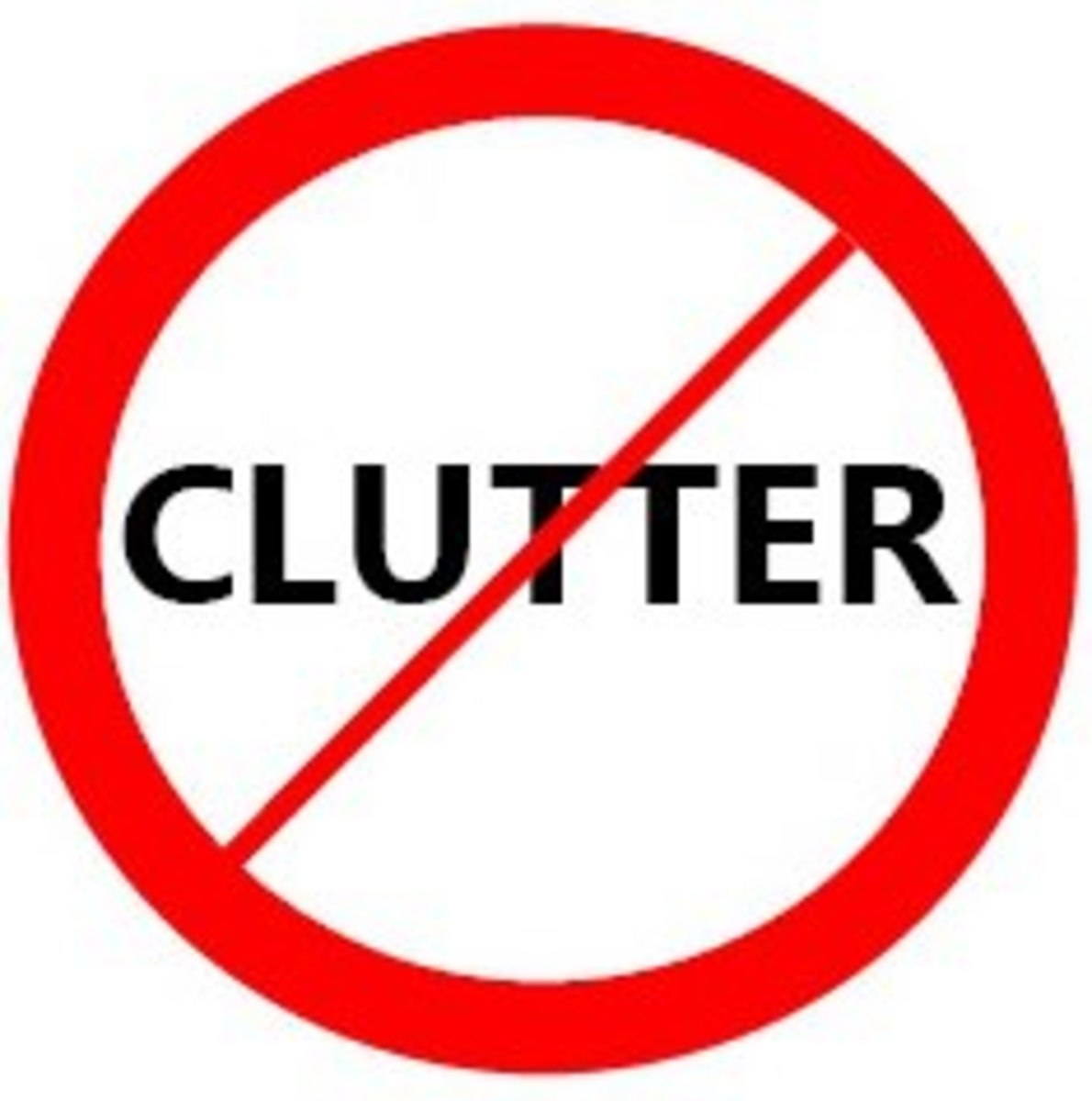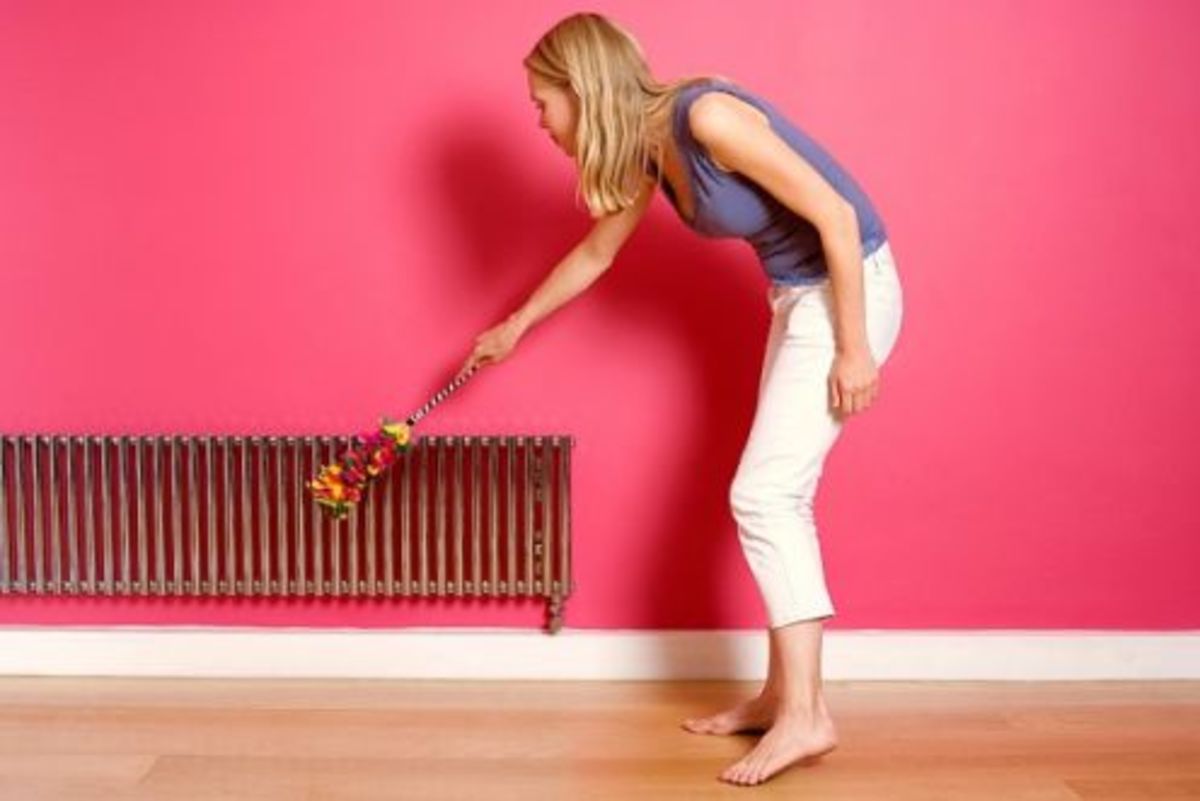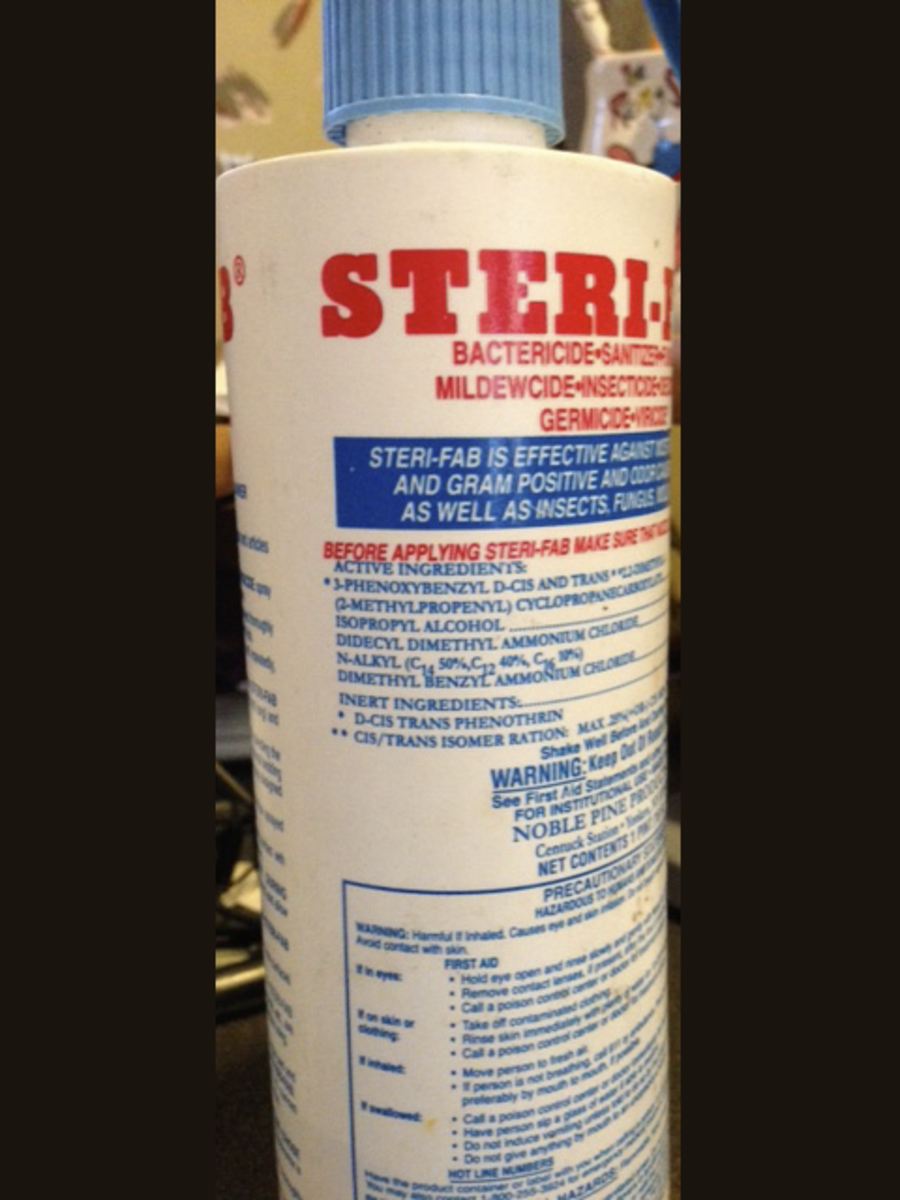How To Get Rid of All That Clutter
Yikes, Clutter
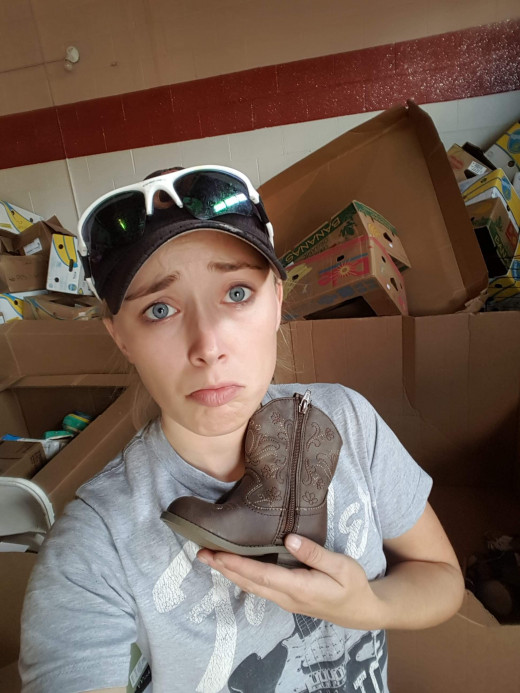
Yikes... Clutter
Dealing with clutter is always a pain in the neck. One day you look around a realize that you're surrounded by this mess when your house used to be clean. What happened?
Often times we don't pay attention and as the years go on, we accumulate more items than we end up knowing what to do with. I've noticed this happen, and I have especially noticed it more now that I live at home with four children.
So how do we deal with all of this excess? While it may seem like common sense to some, for others, clutter is an overwhelming problem that can seem like an endless circle of just moving the same pile of crap around the house an infinite number of times.
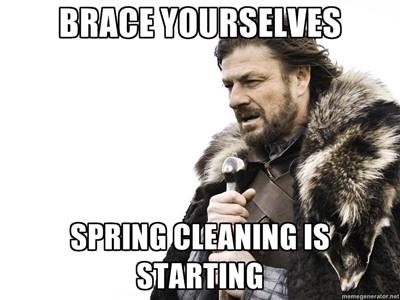
How to Start
The best way to start resolving clutter in the house is to pick one room. Start in this room, and do not leave it until you are completely finished with that room. It may sound insane, because what if you find something that belongs in another room? For now, we aren't going to worry about that.
The first step is to find which room you want to start in, and I recommend even looking in some closets first. Starting in a smaller room means you may end up getting the area taken care of quicker, thus feeling some relief and satisfaction when that one spot looks more organized. Look around the area and figure out what you do not appreciate about it. Is there junk spilling out of drawers or cabinets? Are closet doors cracked open because there's just too much there? Head in that direction. Tackling clutter one mess at a time is one of the ways to ensure that the project gets finished, and not just moved around.

What do you see?
From here we need to take a look around. What do we see? Has garbage made its way into areas that it obviously doesn't belong? An empty package here, a wrapper there, scrap pieces of paper that got shoved out of the way in case it had something written on it, I've seen the works. Grab yourself a garbage bag and throw out all obvious trash first. Broken items, garbage, unidentifiable objects, etc need to go straight into the garbage can. There's no reason to keep the majority of these things, but they often get tossed in whatever area might have been convenient at that time. (Especially if you have kids helping clean your home.)
"Especially if you have kids helping clean your home,"
What Do I Need?
Another question to ask yourself when looking around clutter, is "What do I need?" Are these items important to you, do they serve any purpose, or will they be used in the near future. My fiance had a lot of clutter hiding around his home when I moved in, and as I began to unpack, I had the misfortune of finding most of it. Many things had been tucked away or shoved into corners when he moved from his last home to our current one, and things were just forgotten about.
I had to go through the same process with him. What is this object, do you need it. When is the last time that you used this? Do you think you will ever touch this object again? If the answer to these questions isn't, yes I need it, I just used it last week, or I will use it tomorrow, then we have some stuff to get rid of.
"Are these items important to you, do they serve any purpose,"
Guidelines for Keeping vs. Donating
The guidelines I use for deciding whether to keep something or throw it away are pretty simple and apply to nearly everything.
When is the last time you used this? If you come across something that you haven't hardly used in the last two years, and it isn't important to keep this particular object, it is time to donate it. If you haven't used it in a while, but it in an object that you are fond of or intend on using in the very near future, then keep it. We often forget about clothes, workout equipment, toys, or random contraptions that we put off to the side somewhere or put away at one point in time and then never used again.
Some items will not fit into this line of thinking when it comes to reducing clutter or determining if you should keep or donate an item. Family heirlooms, specific equipment, or recreational items may not get used on a regular basis but still need to be kept.
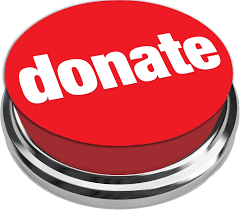
But this belongs in another room!
At the beginning I told you to stay in your area and DO NOT LEAVE. Too many people become distracted when they leave one room to put something away and they never return to the original area that they began on. If you start finding something in the area that you are working on that belongs in another room, find a spot in the middle of a floor or doorway to set it for the time being. This will encourage you to put it where it belongs once you have finished the room you are in, preventing you from getting side tracked in another location. Once you have finished decluttering the first area you start in, the very last step of the job should be to put away any items you found in areas they don't belong. This should provide the satisfaction of knowing you just completed one room in entirety, before moving to another room.


